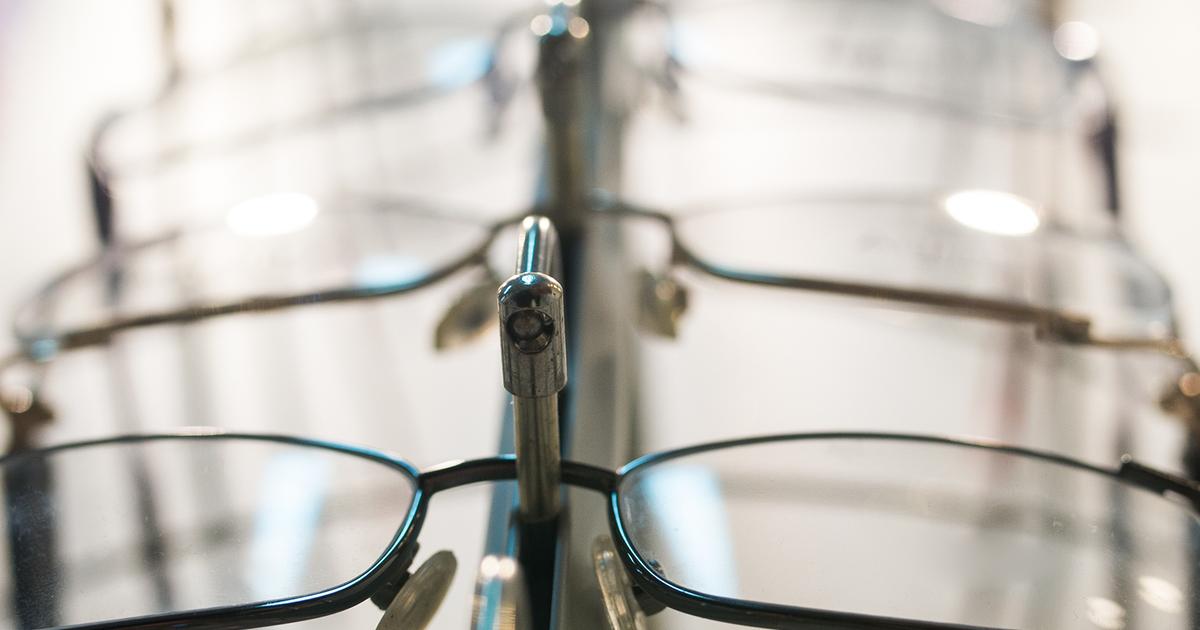Guide To Macular Degeneration Treatment And Prevention
Prescription Glasses

Many individuals over sixty years old have to contend with macular degeneration. The condition is different from nearsightedness, farsightedness, or astigmatism, which are corrected through the use of a lens that corrects an abnormality in the shape of the eye. But because macular degeneration involves a deterioration of the eye, many patients mistakenly believe glasses can't help. This isn't the case. There are specialized glasses created for macular degeneration patients. They can provide enhancements in both near and far vision typical glasses won't offer. The stage of macular degeneration a patient is in has a big impact on the type of eyewear that will work best for them. Low vision glasses help with macular degeneration by using high-powered magnification capabilities to reduce a patient's blind spots. Individuals can also get lenses with specialized coatings and tints to reduce glare, improve light transmission, and improve contrasts. Distance vision glasses are used to improve an individual's central vision of faraway items by using small telescopes or binoculars mounted on glasses.
Discover additional options for preventing and treating macular degeneration now.
Consume A Balanced Diet

With wet macular degeneration, most treatments focus on stopping the growth and leaking of new blood vessels. However, the dry type doesn't include abnormal vessels. Instead, it's caused by the progressive deterioration of retinal cells without leaking blood vessels. One of the first lines of treatment for dry macular degeneration is to consume a balanced diet. It won't cure the disease, but it will help slow the progression and allow for greater symptom management. Many vegetables and fruits are rich in antioxidants, which are essential for eye health, including the preservation of eye tissue and the preservation of vision. Some vegetables with high antioxidants are squash, broccoli, spinach, and kale. Research has indicated foods rich in zinc might also be beneficial for individuals with macular degeneration. Most of the foods with high zinc levels are animal products like lamb, pork, beef, cheese, milk, and yogurt. However, if individuals have to limit dairy or meat intake, they can also get zinc from whole-wheat bread and whole-grain cereals. Healthy unsaturated fats like olive oil are also good.
Learn more about treating and preventing macular degeneration now.
